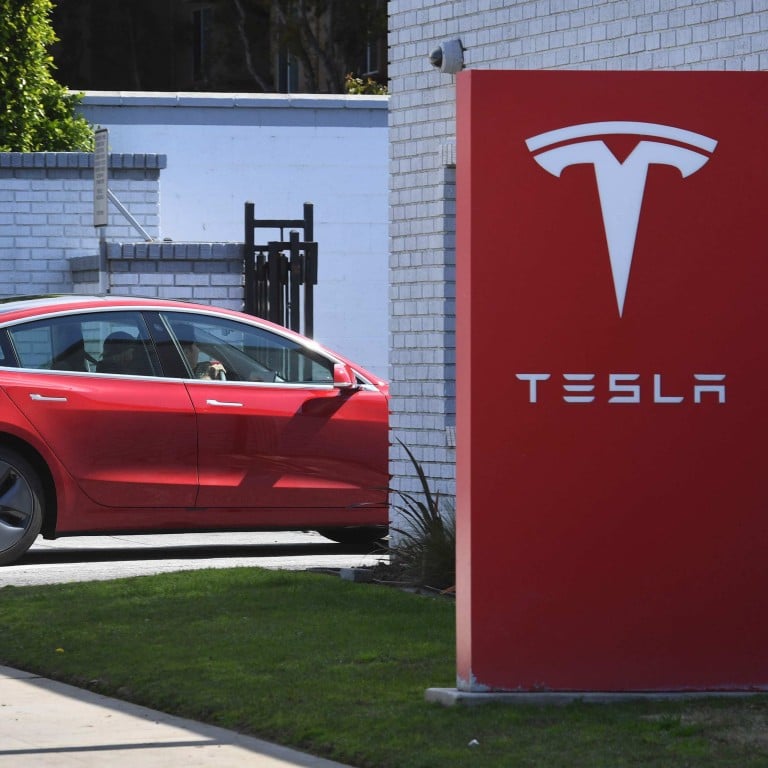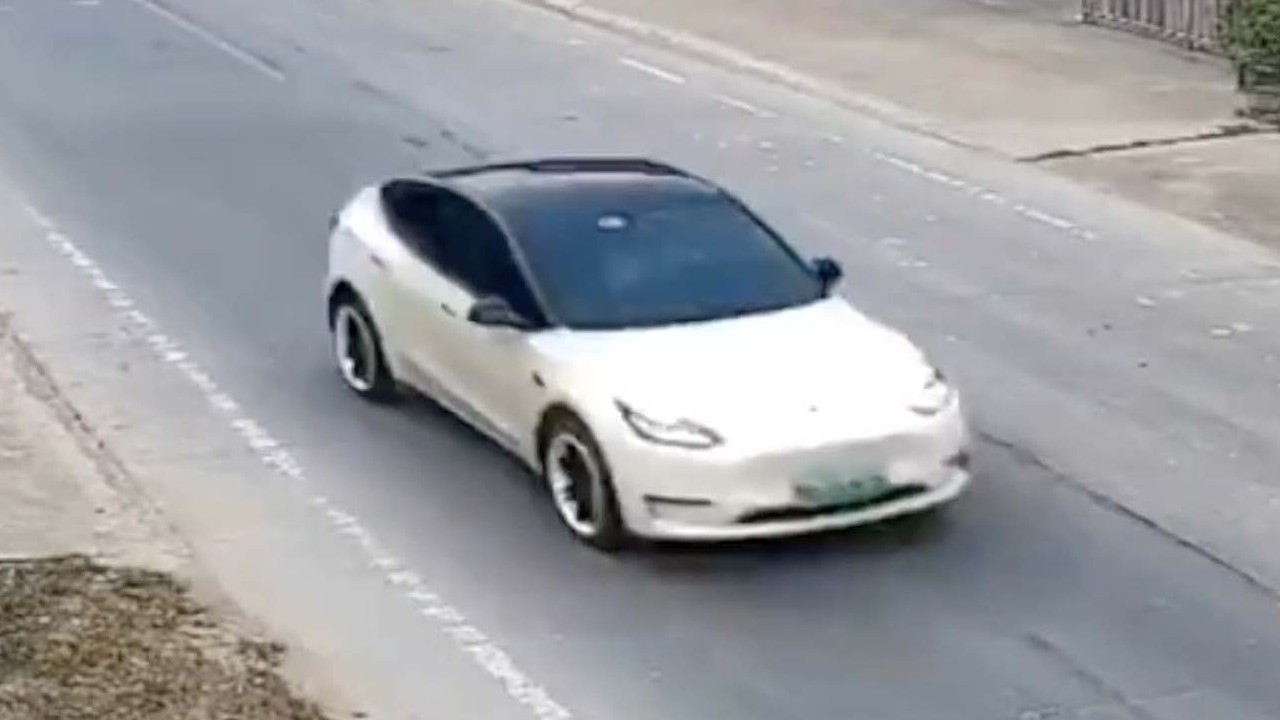
Tesla recalls 80,000 cars across 3 models in China as regulator asks EV maker to fix software, seat belt issues
- The Chinese regulator has asked Tesla to fix a glitch in the battery management system of some 68,000 Model S and Model X cars
- Tesla has also been told to inspect some 12,000 Model 3 cars with seat belt problems
The carmaker has been asked to bring in 67,698 US-made Model S and Model X vehicles to repair a glitch that could affect the battery management system, according to a statement by China’s State Administration for Market Regulation (SAMR) on Friday. The company will use an over-the-air (OTA) patch to update the software on the cars, which were produced between September 2013 and November 2020, it added.
Another 2,763 Model 3 vehicles, also produced in the US between January and November 2019, are being recalled over improperly installed second-row seat belts.
SAMR said the potential glitches in the battery management system could disable power delivery and increase the risk of vehicle collision, while the seat belt problem could cause injuries in accidents.
The regulator also said that 10,127 Model 3 cars built at Tesla’s Shanghai factory between October 2019 and September 2022 were found to have the same seat belt problem and would be recalled.
“Recalls by Tesla will not deter Chinese drivers from buying its vehicles,” said Gao Shen, an independent analyst in Shanghai. “More Chinese customers are placing their trust in Tesla products because the recalls indeed minimise safety risks.”
Tesla has been affected by frequent recalls in recent months over a range of issues.
Last Saturday, Tesla said that it was recalling more than 321,000 vehicles in the United States because of a tail light issue. Two days earlier it had issued a recall for about 30,000 Model X cars because of faulty front passenger airbag behaviour.
In May, Tesla had to recall 107,293 Model 3 and Model Y cars built in China due to an overheating problem that could cause the centre touch screen display to malfunction.
Tesla said at the time that the problem could be fixed through an OTA update.
Tesla has also had run-ins with Chinese authorities and customers over the quality and safety of its locally built cars.
The company’s executives were grilled by the mainland’s regulatory officials about the quality of its Model 3 cars in February 2021 amid a wave of unpleasant social media posts from owners.

Tesla also faced social media backlash when a woman in a T-shirt emblazoned with the words “brake malfunction” and a Tesla logo leapt on a car on display at the Shanghai Auto Show in April 2021, to protest after the brakes of her Model 3 allegedly failed causing an accident. Tesla initially stood firm but apologised to the woman two days later.
However, Tesla’s image remains intact and it is the front runner in the mainland’s premium electric car segment by a wide margin, according to Gao.
The company’s Shanghai-based Gigafactory 3, which started operations in December 2019, delivered 71,704 vehicles in October alone, more than BMW’s total sales of about 53,000 pure EVs in mainland China in the first nine months of this year.
The discounts, the first by Tesla in mainland China this year, came after the US carmaker expanded the production capacity of its factory in Lingang Free-Trade Area by 30 per cent to 1 million vehicles a year.


